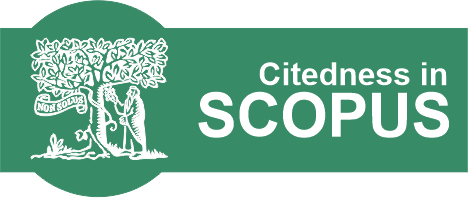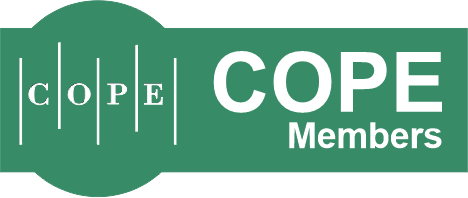The Role of Waste Banks in Improving the Economy of the Pelompek Village Community in Gunung Tujuh District, Kerinci Regency, from the Perspective of Islamic Economics.
Keywords:
: Waste Bank, Islamic Economics, Community Economy, Pelompek VillageAbstract
Waste is a major cause of environmental problems. Improper waste management can negatively impact cleanliness, aesthetics, and public health. This study aims to examine the role of the Bumi Jaya Waste Bank in improving the economy of the community in Pelompek Village, Gunung Tujuh District, Kerinci Regency, from the perspective of Islamic economics. This research employs a qualitative method with data collection techniques including observation, interviews, and documentation. The informants consist of the waste bank director, employees, customers, and community leaders
The findings reveal that the Bumi Jaya Waste Bank has successfully changed community behavior towards waste management and increased household income. From the perspective of Islamic economics, the waste bank empowers the community through transactions that adhere to Islamic principles. Challenges faced include limited infrastructure and low community participation in the waste bank program.
This study highlights the significance of waste management as a means of economic empowerment for the community while simultaneously promoting a cleaner and healthier environment.
References
Abdullah, M. (2018). Ekonomi Islam: Prinsip Dasar dan Praktiknya. Jakarta: Prenada Media.
Al-Ghazali, M. (2004). Ihya Ulumuddin. Terjemahan. Jakarta: Republika.
Azwar, S. (2012). Metode Penelitian. Yogyakarta: Pustaka Pelajar.
Badan Pusat Statistik. (2023). Statistik Indonesia 2023. Jakarta: BPS.
Bakhri, B. S. (2019). Perspektif Ekonomi Syariah Tentang Peranan Bank Sampah terhadap Kesejahteraan Masyarakat. Jurnal Ekonomi Islam, 12(3), 45-57.
Creswell, J. W. (2016). Research Design: Pendekatan Metode Kualitatif, Kuantitatif, dan Campuran. Yogyakarta: Pustaka Pelajar.
Departemen Agama RI. (2012). Al-Qur'an dan Terjemahannya. Jakarta: PT. Syamil Cipta Media.
Hasan, M. (2020). Ekonomi Syariah: Teori dan Implementasi. Bandung: Alfabeta.
Kementerian Lingkungan Hidup dan Kehutanan. (2019). Pedoman Pengelolaan Sampah Berbasis Komunitas. Jakarta: KLHK.
Kodoatie, R. J. (2018). Manajemen Lingkungan: Tantangan dan Solusi. Bandung: ITB Press.
Miles, M. B., & Huberman, A. M. (1994). Qualitative Data Analysis. California: Sage Publications.
Muhammad, A. (2019). Ekonomi Islam dan Aplikasinya dalam Kehidupan Sehari-hari. Malang: UIN Press.
Safitri, A., & Alfin, M. (2020). Peranan Bank Sampah sebagai Solusi Penanganan Sampah di Masyarakat. Jurnal Pengabdian Masyarakat, 5(2), 30-42.
Saputro, Y. E. (2018). Pengelolaan Sampah Berbasis Masyarakat melalui Bank Sampah. Jurnal Sosial dan Ekonomi, 6(1), 22-29.
Suwerda, D. (2016). Manfaat Bank Sampah bagi Masyarakat. Jurnal Ekologi Lingkungan, 3(4), 15-28.
Undang-Undang No. 18 Tahun 2008 tentang Pengelolaan Sampah.
Yayasan Unilever Indonesia. (2019). Laporan Tahunan Pengelolaan Sampah di Indonesia. Jakarta: Unilever Foundation.
Zulkifli, R. (2021). Prinsip Ekonomi Islam dalam Pengelolaan Lingkungan. Jurnal Ekonomi Syariah, 9(1), 11-25.
Departemen Statistik Kerinci. (2023). Data Timbulan Sampah di Kabupaten Kerinci Tahun 2023. Kerinci: Dinas Lingkungan Hidup Kabupaten Kerinci.
Bank Sampah Indonesia. (2022). Panduan Operasional Bank Sampah. Jakarta: BSID Press.
Downloads
Published
How to Cite
Issue
Section
License
Copyright (c) 2024 Azimmi Putra

This work is licensed under a Creative Commons Attribution-ShareAlike 4.0 International License.


































